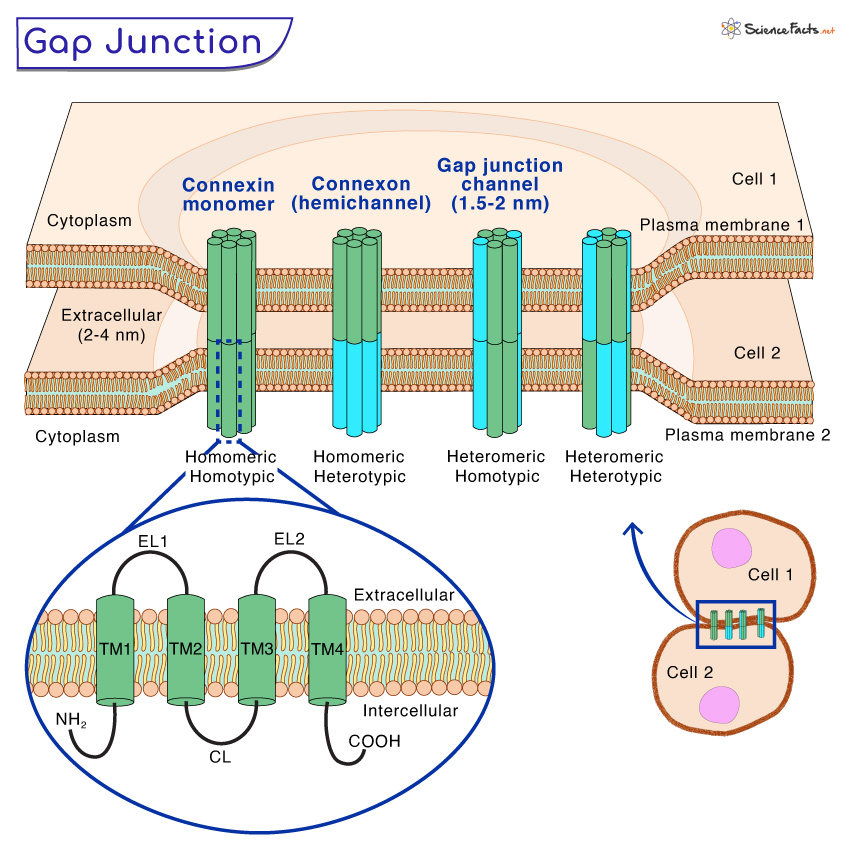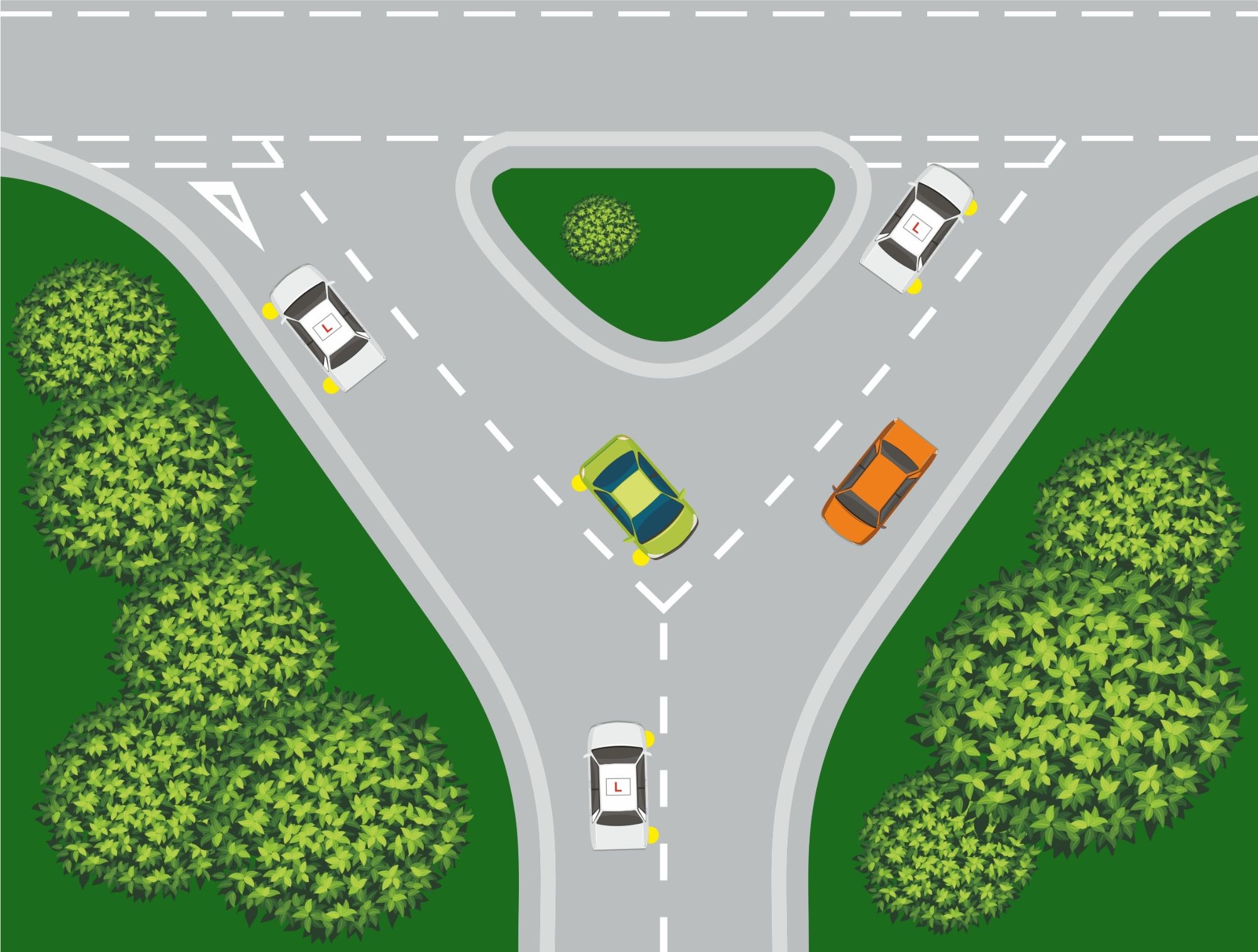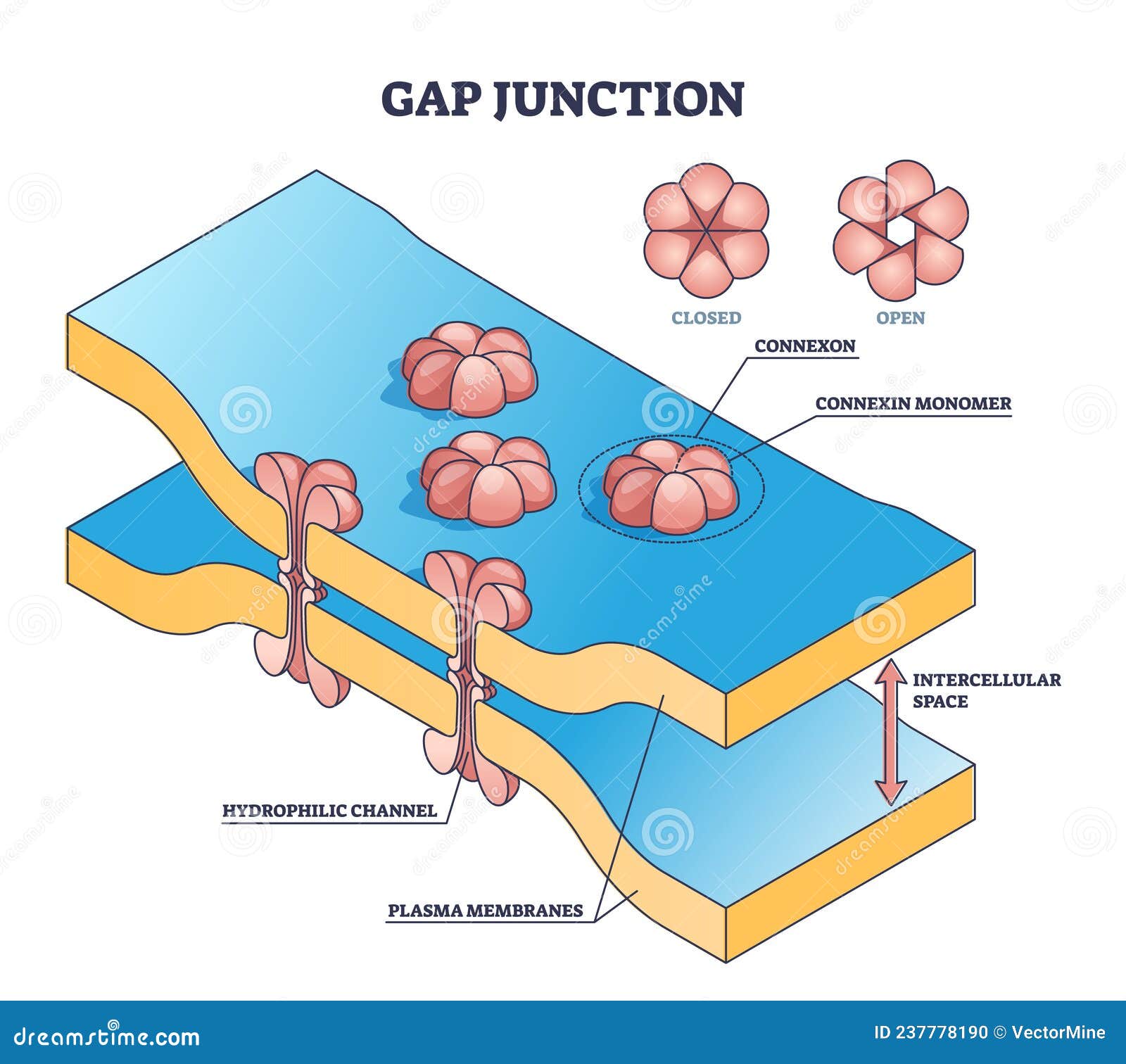Wonderful Info About What Is Called A Junction
![[DIAGRAM] Phone Junction Diagram [DIAGRAM] Phone Junction Diagram](https://image.shutterstock.com/z/stock-photo-neuromuscular-junction-labeled-270264371.jpg)
What Exactly Is Called a Junction? Let's Untangle That!
1. A Crossroads of Concepts
Ever find yourself staring blankly when someone mentions a "junction"? Don't sweat it! The word "junction" pops up in tons of different contexts, from roads to plumbing to electronics and even your very own body! Essentially, a junction is just a point where things meet, connect, or branch off. Think of it like a social gathering for physical things — a place where paths converge and interactions happen.
Think of a bustling intersection in a city. Cars coming from all directions, merging and diverging, all at that single point. Thats a junction in action! But it's not just about roadways. A junction could also be where two rivers meet, creating a larger, more powerful flow. Or, in your computer, it's where different circuits connect to make the magic happen.
The key takeaway is that a junction is about connection and transition. Its not just a random spot; its a designed (or naturally occurring) place where elements interact. It can be planned, like a perfectly designed highway interchange, or spontaneous, like a naturally formed river confluence. It's all about the meeting point.
So, the next time you hear "junction," don't panic! Take a second to consider the context. Is it about roads? Wires? Waterways? Once you understand the specific area, the meaning of "junction" will become crystal clear. It's a surprisingly versatile term that describes a fundamental principle of connection in our world.

Junctions in Different Guises
2. Roads, Rivers, and Wires, Oh My!
Okay, we've established that a junction is a meeting point, but let's dive into some specific examples to really nail this down. Think about the plumbing under your sink. Where the pipes connect? Yup, those are junctions! They allow water to flow from different sources and eventually out the drain. Without these carefully constructed junctions, your sink would be, well, a soggy mess.
Electronics are another prime example. Inside your smartphone or laptop, tiny junctions called transistors control the flow of electricity. These microscopic connections act like switches, turning circuits on and off and enabling all the amazing things your devices can do. It's like a microscopic traffic control center managing electrons instead of cars.
Even your own body contains junctions! Nerve junctions, also called synapses, are where nerve cells communicate with each other. These tiny gaps allow electrical signals to jump from one neuron to the next, transmitting information throughout your body. They're how you feel, think, and react to the world around you. Pretty impressive, right?
The beauty of the term "junction" is its adaptability. While the specific components and purposes change depending on the context, the underlying principle remains the same: a junction is a place where things connect and interact, enabling a transfer of energy, information, or materials.

Why Junctions Matter
3. More Than Just a Place Where Things Meet
You might be thinking, "Okay, so a junction is a connection point. Big deal!" But junctions are actually incredibly important for the functioning of complex systems. Without junctions, things would be isolated and unable to interact. Think about a city without roads — it would be a collection of disconnected buildings with no way for people or goods to move around.
In electronics, imagine trying to build a computer without transistors. You'd have a bunch of wires going nowhere, unable to perform any calculations or process any information. Junctions are the fundamental building blocks of complex electronic devices, allowing us to create ever more powerful and sophisticated technology.
In your body, nerve junctions are essential for communication between different parts of your nervous system. Without these connections, your brain couldn't send signals to your muscles, and you wouldn't be able to move or react to stimuli. It's like trying to have a conversation with someone who can't hear you — completely pointless!
Junctions, therefore, are not merely passive meeting points. They are active interfaces where interactions occur, enabling complex processes and functionalities. They are the glue that holds systems together and allows them to perform their intended functions. They're the unsung heroes of connectivity!

Navigating the "Junction" Jargon
4. Decoding the Meaning in Different Fields
One of the trickiest things about the word "junction" is that its specific meaning can vary depending on the field it's being used in. In transportation, a junction might refer to a highway interchange or a railway crossing. In electronics, it could describe a semiconductor junction in a transistor. And in biology, it might refer to a synapse between nerve cells.
To avoid confusion, it's crucial to pay attention to the context. If you're reading an article about traffic patterns, you can safely assume that "junction" refers to a road intersection. If you're reading about computer hardware, it's more likely to be referring to an electronic component. The surrounding information will usually provide clues to the intended meaning.
Don't be afraid to ask for clarification if you're unsure. If someone uses the term "junction" without providing any context, politely ask them to explain what they mean. It's better to ask a clarifying question than to make assumptions and potentially misunderstand the information being presented.
Ultimately, understanding the different meanings of "junction" is about developing a broader awareness of how connections and interactions occur in different fields. It's about recognizing the underlying principle of the term and applying it to new and unfamiliar situations. With a little practice, you'll become a "junction" pro in no time!

Junctions
5. Embracing the Interconnectedness of Things
So, we've explored the definition of "junction," examined its various applications, and discussed the importance of context in understanding its meaning. But perhaps the most important takeaway is that "junction" represents a fundamental concept about the interconnectedness of things.
Whether it's the roads we travel on, the electronic devices we use, or the biological systems that keep us alive, junctions are the key to understanding how different elements interact and work together. They remind us that nothing exists in isolation and that everything is connected in some way.
By understanding the concept of "junction," we can gain a deeper appreciation for the complexity and elegance of the world around us. We can see how seemingly disparate systems are actually interconnected and interdependent. And we can recognize the importance of connection in creating a more functional and harmonious world.
So, the next time you encounter a junction, whether it's a physical intersection or a metaphorical crossroads in your life, remember that it represents a point of connection, interaction, and transition. Embrace the interconnectedness of things, and you'll be well on your way to navigating the world with greater understanding and awareness.

FAQ
6. Frequently Asked Questions About Junctions
Q: Is a "junction" the same thing as an "intersection"?A: While often used interchangeably, "intersection" usually refers specifically to roads crossing. "Junction" is a broader term encompassing any point of connection, including pipes, wires, or even nerve cells.
Q: Can a junction be a bad thing?A: It depends! A poorly designed road junction can cause traffic jams. A faulty electrical junction can cause a short circuit. So, while junctions are necessary, their design and maintenance are crucial.
Q: Is "junction" only used in technical contexts?A: Not at all! You might hear someone say they're at a "junction" in their life, meaning they're at a point where they need to make a decision and choose a new path. The concept of connection and transition applies to metaphorical situations as well.
Q: Why is understanding "junction" important?A: Understanding junctions helps us understand how things connect and interact in various systems. It fosters critical thinking and helps us better navigate the world around us, whether it's understanding traffic flow or troubleshooting a computer problem.